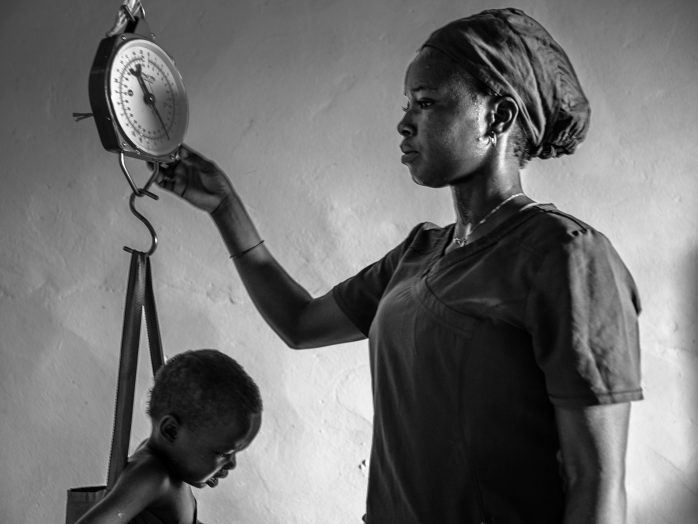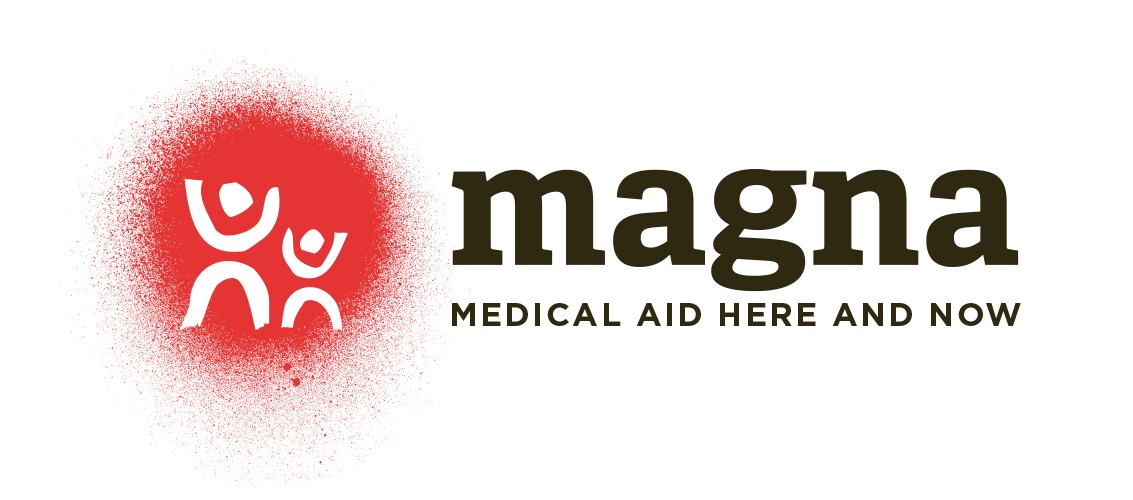What we do
Find out what crises our teams respond to, how we adapt to provide the highest quality health and humanitarian assistance in some of the world’s most challenging contexts.

Medical aid here and now
We bring medical humanitarian aid to victims of conflicts, natural disasters and epidemics. We treat children every day where it is most needed.
We treat patients suffering from a wide range of diseases and medical needs. From malaria to surgical operations.
When do we intervene
Wars and conflicts
War and armed conflicts destroy lives.
During conflicts, we operate medical assistance through mobile clinics, treat the wounded and support trauma wards.
By distributing highly nutritious therapeutic food, we treat malnutrition in children, provide health care for victims of sexual violence and support maternity hospitals.
Natural disasters
An earthquake, tsunami or cyclone changes life from minute to minute.
Destroyed homes often force huge numbers of people to resettle in makeshift environments, where inadequate access to potable water and health care can result in the spread of infectious diseases.
A temporary stay outside in a simple makeshift shelter can lead to respiratory tract infections in children.
In these cases, the priority is the restoration of normal health services, the distribution of shelters and hygiene supplies. In order for people to recover from trauma and for children not to have lingering effects, the provision of mental health support is also necessary.
Epidemics
HIV/AIDS or an epidemic of cholera or measles spreads rapidly and, if left untreated, has fatal consequences.
During the last 20 years, MAGNA has significantly contributed to the treatment of people living with HIV/AIDS and the prevention of epidemics, such as measles.
During outbreaks of highly contagious diseases such as measles or meningitis, prevention often means vaccination. In addition to organizing mass vaccination campaigns in response to epidemics, our teams also provide routine vaccinations in our healthcare facilities.
Refugees and displaced population
We are witnessing the largest exodus in history.
A total of 70 million people in the world were forced to leave their homes. Among them are almost 25 million refugees, more than half of whom are children and young people.
In a world where one person is forcibly displaced almost every two seconds due to conflict or persecution, helping displaced and homeless people is more important than ever.
A large part of our outreach activities focuses on internally displaced people and refugees, whose health care needs are enormous.
Medical activities
Learn about how, why and where MAGNA teams are responding to different diseases around the world and the challenges we face in providing treatment.
Grand reportages
We do document the fates of victims of disasters and bring testimonies from forgotten parts of the world that would otherwise not reach the general public.
Fast and effective aid in times of humanitarian disasters
We can respond quickly to emergencies. On December 15, 2013, a civil war broke out in South Sudan, where thousands of people lost their lives on the first day. Hundreds of thousands more left their homes and sought shelter. At that time, we already had our own team in the country, which, despite the bad security situation, immediately started helping the victims. Already on December 17, we provided medical supplies, surgical supplies and medicines to the only functioning hospital in the city (Juba Teaching Hospital). Subsequently, MAGNA opened a health center in the camp for more than 100,000 displaced people and began providing essential vaccinations and other health assistance.
Even if we are not currently operating in the country where the disaster occurs, we are able to respond within days. When a devastating typhoon hit the Philippines in 2013, our teams arrived on the island of Cebu on the third day after the disaster and immediately began distributing humanitarian aid – hygiene kits, rice and shelters to 15,000 people.
News & Stories
Get the latest news, stories, videos, and more from our medical humanitarian projects around the world
